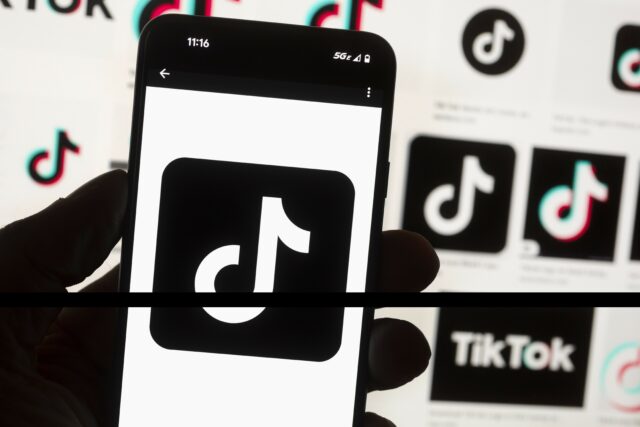ATLANTA: Georgia has joined four other states in the US requiring parental consent for children below 16 years of age to have social media accounts. This is in addition to banning social media on school devices and the internet services. Porn sites will now have to verify that users are above the age of 18.
Louisiana, Arkansas, Texas and Utah had passed laws last year requiring parental consent for children to use social media. In Arkansas, a federal judge in August blocked enforcement of a law requiring parental consent for minors to create new social media accounts. Some in Congress also are proposing parental consent for minors.
State Rep. Scott Hilton, a Peachtree Corners Republican, argued the state should do more to limit social media use by children, saying it’s causing harm.
“Every rose has a thorn, and that’s social media in this generation,” Hilton said. “It’s great for connectivity and activism, but it has reared its ugly head on mental health.”
But opponents warned the bill would cause problems. For example, Rep. David Wilkerson, a Powder Springs Democrat, said that the ban on use of social media in schools could ban teachers from showing educationally valuable YouTube videos.
“If we do pass this, we’ll be back fixing this next year, because there are too many issues with this bill,” Wilkerson said.
The bill says social media services would have to use “commercially reasonable efforts” to verify someone’s age by July 1, 2025. Services would have to treat anyone who can’t be verified as a minor. Parents of children younger than 16 would have to consent to their children joining a service. Social medial companies would be limited in how they could customize ads for children younger than 16 and how much information they could collect on those children.
To comply with federal regulation, social media companies already ban kids under 13 from signing up to their platforms, but children have been shown to easily evade the bans. Up to 95% of teens aged 13 to 17 report using a social media platform, with more than a third saying they use them “almost constantly,” the Pew Research Center found.
















